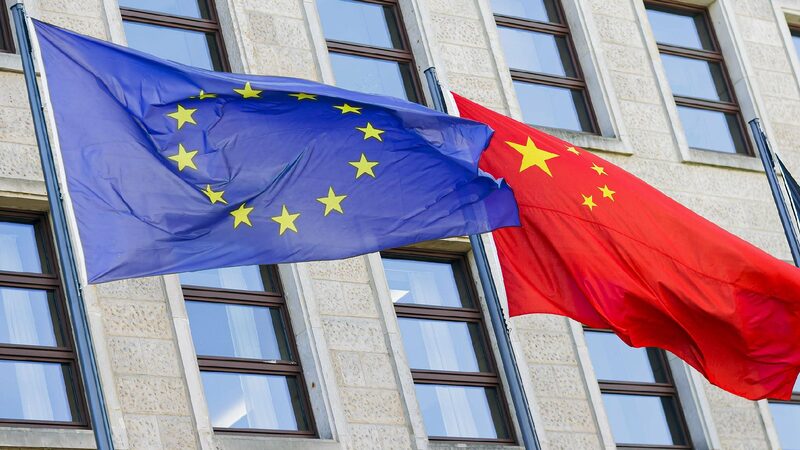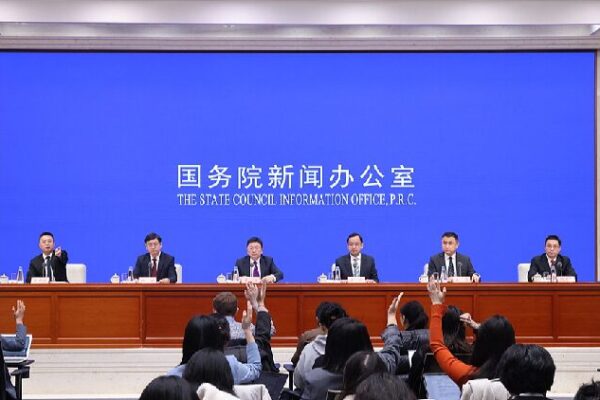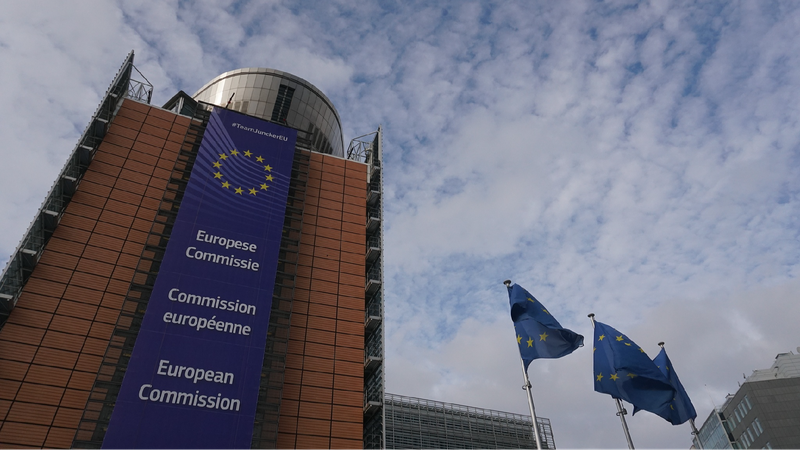Chinese companies are facing new challenges in Europe due to the European Union’s Foreign Subsidies Regulation (FSR). The FSR, which came into effect in July 2023, requires foreign companies operating in the EU to disclose any subsidies received from their home governments. While the regulation aims to prevent market distortions, it has led to unexpected hurdles for Chinese businesses.
Recently, China’s Ministry of Commerce (MOFCOM) announced that the enforcement of the FSR creates trade and investment barriers for Chinese enterprises. Companies like CRRC Qingdao Sifang Locomotive Co. Ltd. withdrew from a major train contract in Bulgaria after the European Commission initiated an investigation. Similarly, Shanghai Electric pulled out from a project in Romania following FSR-related inquiries.
MOFCOM highlighted that the FSR’s vague definitions make it difficult for companies to comply. The regulation demands extensive information about subsidies, often within tight deadlines. Failing to provide this information can result in heavy penalties. This has raised concerns among Chinese firms, who fear that their business reputation in the EU might suffer due to these investigations.
The financial impact is significant. MOFCOM estimates that Chinese companies have faced losses exceeding 7.6 billion yuan (over $1 billion) due to abandoned projects, with additional projects worth more than 8 billion yuan affected. Increased compliance costs also undermine their competitiveness in the European market.
Legal experts and academics agree that the FSR poses compliance challenges. Companies often struggle to gather the required information, as it may not be readily available through standard accounting practices. There’s also uncertainty around key concepts like “market distortions,” adding to the confusion.
MOFCOM aims to address these issues by engaging in dialogue with EU authorities to find solutions. As the European Commission plans to enforce the FSR vigorously, it’s crucial for both sides to collaborate. Constructive discussions can help ensure a fair business environment in the EU, benefiting companies from all countries.
Reference(s):
cgtn.com








